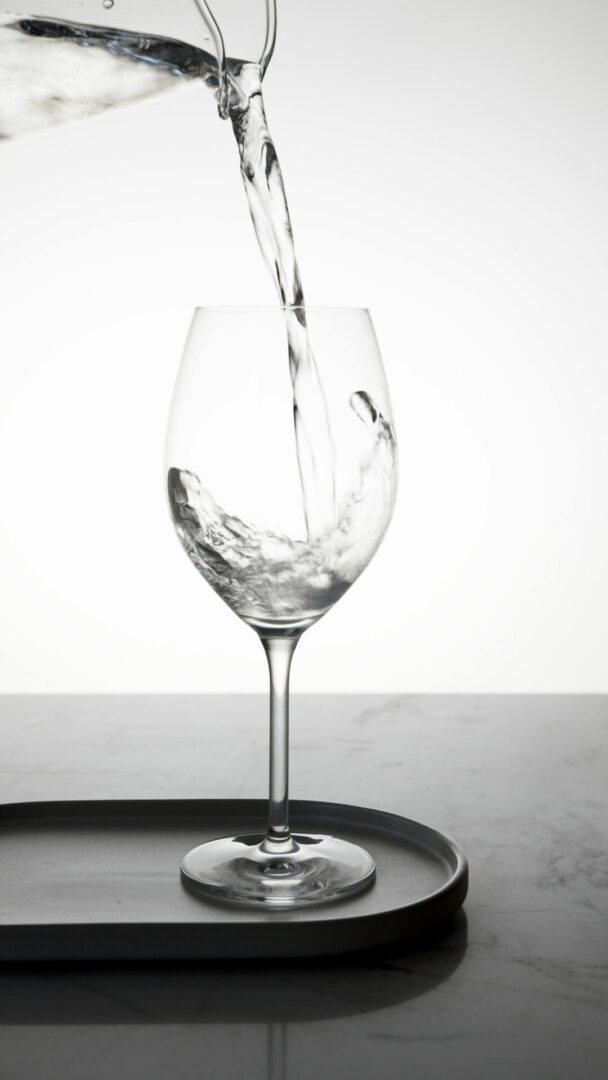Proper Hydration: Do You Drink Enough Water? The Truth About Staying Hydrated
Proper hydration is more than just drinking water—it’s about how well your body absorbs and retains it. Many people believe they drink enough water daily, but the reality is often different. Understanding the nuances of hydration can help you improve your health and prevent dehydration, even if you’re drinking plenty of fluids.
Why Proper Hydration Requires More Than Just Water Intake
It’s common to ask yourself, “Do I drink enough water?” and confidently say yes. But the real question is, “Are you absorbing that water effectively?” Without proper absorption, much of the water you consume passes through your system without benefiting your body.
This is where minerals play a crucial role. Think back to a simple science experiment involving salty water in a tube placed in fresh water. The salty water moves out because of osmosis—water follows salt. If you drink water without adequate minerals like sodium, potassium, magnesium, and calcium, your body won’t retain the water effectively. The water will flush out quickly, leaving you dehydrated.
The Impact of Water Filtration on Mineral Content
Many people use home water filtration systems to remove contaminants. While these filters protect you from harmful substances, they also remove beneficial minerals. Since minerals are essential for water retention and overall hydration, filtered water without mineral replacement can contribute to dehydration.
Refilling these minerals is important to maintain proper hydration. Electrolyte supplements or trace mineral drops can restore the balance, helping your body hold onto the water you drink and supporting vital functions such as nerve signaling, muscle contraction, and pH balance.
Seasonal Considerations: Hydration in Winter vs. Summer
Most people associate dehydration with hot summer months due to visible signs like sweating. However, dehydration can be more insidious during winter. Cold air is often dry, and indoor heating further reduces humidity, causing moisture loss through skin and breath.
Signs like dry, cracked lips or persistent fatigue can indicate dehydration even when you don’t feel thirsty. Proper hydration during colder months means continuing to drink water regularly and ensuring mineral intake to support absorption.
Tips for Achieving Proper Hydration Year-Round
-
Carry a water bottle: Keep water accessible throughout the day to encourage frequent sipping.
-
Add electrolytes: Use mineral supplements like LMNT or Concentrace Trace Minerals to replenish lost minerals.
-
Flavor your water: Add natural flavors like lemon, cucumber, or mint to make hydration enjoyable.
-
Monitor your body: Pay attention to signs of dehydration, such as dry lips, dark urine, or fatigue.
-
Balance filtration: If using a water filter, supplement with minerals to maintain electrolyte balance.
Proper hydration is essential for your health, but requires more than just drinking water. By understanding the role of minerals and ensuring your body absorbs and retains fluids effectively, you can stay hydrated and support your well-being all year long.
 Enhancing Hydration Through Lifestyle Habits
Enhancing Hydration Through Lifestyle Habits
Beyond drinking enough water and replenishing minerals, there are simple lifestyle habits that can further support your hydration status. For example, eating water-rich foods like cucumbers, watermelon, oranges, and leafy greens can contribute to your overall fluid intake while providing essential vitamins and antioxidants.
Regular physical activity also influences hydration needs. When you exercise, your body loses fluids through sweat, so drinking before, during, and after workouts is important. Incorporating electrolyte-rich beverages or mineral supplements during intense or prolonged activity can help maintain balance and prevent dehydration.
Environmental factors play a role as well. Spending time in dry, heated indoor environments or at high altitudes can increase fluid loss, even if you don’t feel thirsty. Being mindful of these conditions and adjusting your water and mineral intake accordingly can help you stay properly hydrated.
Finally, listen to your body’s signals. Thirst, dry mouth, fatigue, and dark urine are common signs that you need more fluids. However, some people, especially older adults, may have a diminished thirst response, so proactive hydration is key.
By combining mindful drinking, mineral replenishment, and supportive habits, you can optimize your hydration and support your body’s overall health and function.
If you’re interested in mineral supplements to enhance your hydration, feel free to contact our office—we offer LMNT and Concentrace Trace Minerals to help you stay balanced and healthy.



 Enhancing Hydration Through Lifestyle Habits
Enhancing Hydration Through Lifestyle Habits